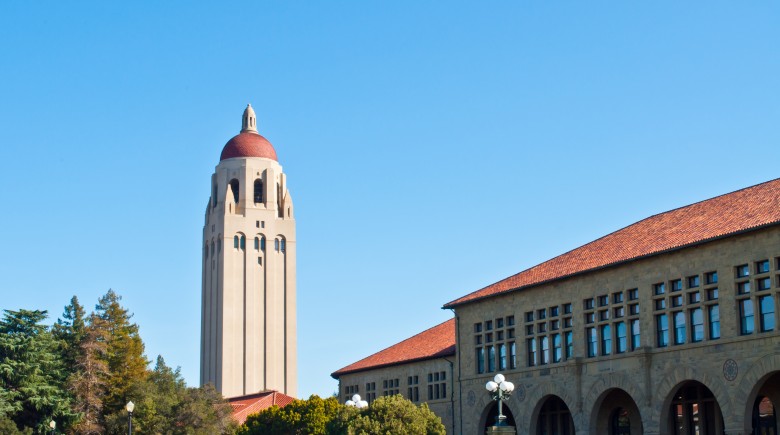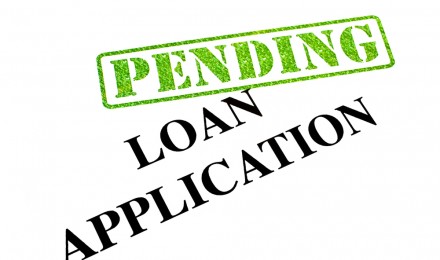There is nothing cheap about higher education, and due to the high cost of tuition, some people delay college until they’re able to save enough money. But with the help of a Direct Loan PLUS, college can become a reality.
Although federal student loans are available to just about everyone, a federal Direct Loan PLUS is slightly different. This type of federal aid is limited to parents of dependent undergraduates who attend school at least part time, as well as graduate and professional degree students. Those who qualify can use funds to cover a variety of education expenses, such as tuition, rooming and boarding. The amount a student or parent can borrow varies by school, and those eligible for financing can borrow up to this limit minus any other financial aid. The current interest rate on a Direct Loan PLUS is 7.9%.
Credit Requirement for Direct Loan PLUS
A federal student loan isn’t the only type of aid available to college students, as there’s also the option of applying for private bank loans. However, federal loans are desirable because most do not require a credit check or credit history. Unfortunately, PLUS loans do have specific credit requirements. Parents and graduate students who apply for a PLUS loan must have a good credit history demonstrated by a history of timely payments. Applicants with less than perfect credit may obtain financing, but they’ll need to include a cosigner on their loan application.
How to Apply for a PLUS Loan
To receive a Direct PLUS Loan, you will need to complete a Free Application for Federal Student Aid (FAFSA). This form is available from college financial aid offices or you can apply online. If you’re eligible for financing, you will need to sign a Master Promissory Note before you receive funds. By signing this document, you agree to the terms of the loan.
In addition to signing a promissory note, graduates and professional degree students must complete entrance counseling before receiving funds. Here, a counselor explains how a direct loan works and discusses their rights and responsibilities as a borrower.
Unfortunately, those who apply for a Direct Loan PLUS not only pay interest, but also a 4% loan origination fee, which is subtracted from each disbursement. The loan is first applied to tuition, room and board, and other fees. If there are remaining funds, borrowers can use these funds for other expenses, such as transportation, books and educational supplies.
Repayment of PLUS Loans
A PLUS loan is not a scholarship or grant, thus funds must be repaid. Repayment of this federal aid depends on the type of borrower. For example, if a parent applies for a Direct PLUS Loan to pay his child’s education expenses, repayment begins immediately after disbursement. On the other hand, if a graduate or professional degree student applies for a PLUS loan, repayment doesn’t begin until six months after graduation or six months after enrollment drops below half time.
Parent borrowers, however, may contact their loan servicer to request a deferment. Although payment is not required during a deferment, interest accrues during this time.
There is nothing cheap about higher education, and due to the high cost of tuition, some people delay college until they’re able to save enough money. But with the help of a Direct Loan PLUS, college can become a reality.
Although federal student loans are available to just about everyone, a federal Direct Loan PLUS is slightly different. This type of federal aid is limited to parents of dependent undergraduates who attend school at least part time, as well as graduate and professional degree students. Those who qualify can use funds to cover a variety of education expenses, such as tuition, rooming and boarding. The amount a student or parent can borrow varies by school, and those eligible for financing can borrow up to this limit minus any other financial aid. The current interest rate on a Direct Loan PLUS is 7.9%.
Credit Requirement for Direct Loan PLUS
A federal student loan isn’t the only type of aid available to college students, as there’s also the option of applying for private bank loans. However, federal loans are desirable because most do not require a credit check or credit history. Unfortunately, PLUS loans do have specific credit requirements. Parents and graduate students who apply for a PLUS loan must have a good credit history demonstrated by a history of timely payments. Applicants with less than perfect credit may obtain financing, but they’ll need to include a cosigner on their loan application.
How to Apply for a PLUS Loan
To receive a Direct PLUS Loan, you will need to complete a Free Application for Federal Student Aid (FAFSA). This form is available from college financial aid offices or you can apply online. If you’re eligible for financing, you will need to sign a Master Promissory Note before you receive funds. By signing this document, you agree to the terms of the loan.
In addition to signing a promissory note, graduates and professional degree students must complete entrance counseling before receiving funds. Here, a counselor explains how a direct loan works and discusses their rights and responsibilities as a borrower.
Unfortunately, those who apply for a Direct Loan PLUS not only pay interest, but also a 4% loan origination fee, which is subtracted from each disbursement. The loan is first applied to tuition, room and board, and other fees. If there are remaining funds, borrowers can use these funds for other expenses, such as transportation, books and educational supplies.
Repayment of PLUS Loans
A PLUS loan is not a scholarship or grant, thus funds must be repaid. Repayment of this federal aid depends on the type of borrower. For example, if a parent applies for a Direct PLUS Loan to pay his child’s education expenses, repayment begins immediately after disbursement. On the other hand, if a graduate or professional degree student applies for a PLUS loan, repayment doesn’t begin until six months after graduation or six months after enrollment drops below half time.
Parent borrowers, however, may contact their loan servicer to request a deferment. Although payment is not required during a deferment, interest accrues during this time.







